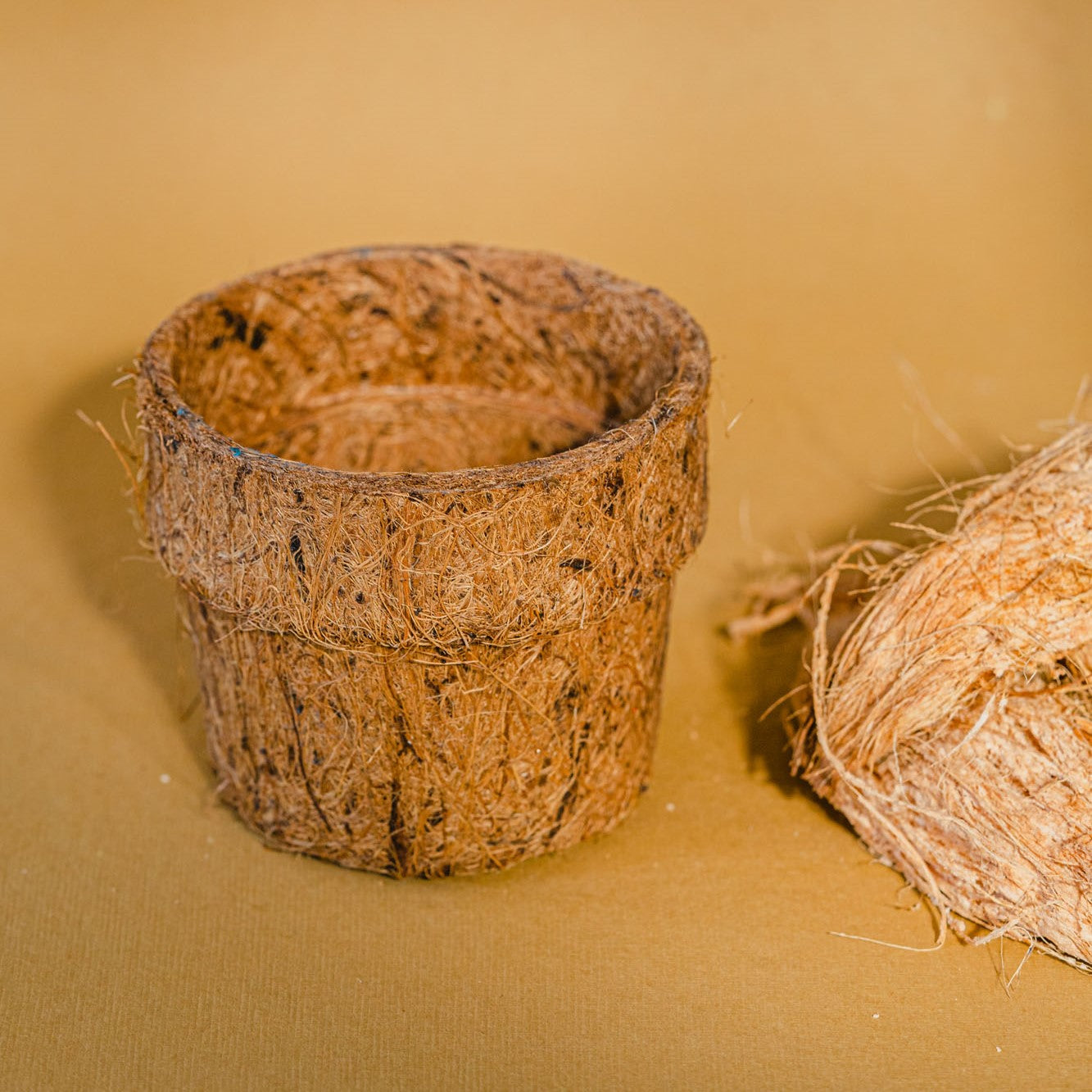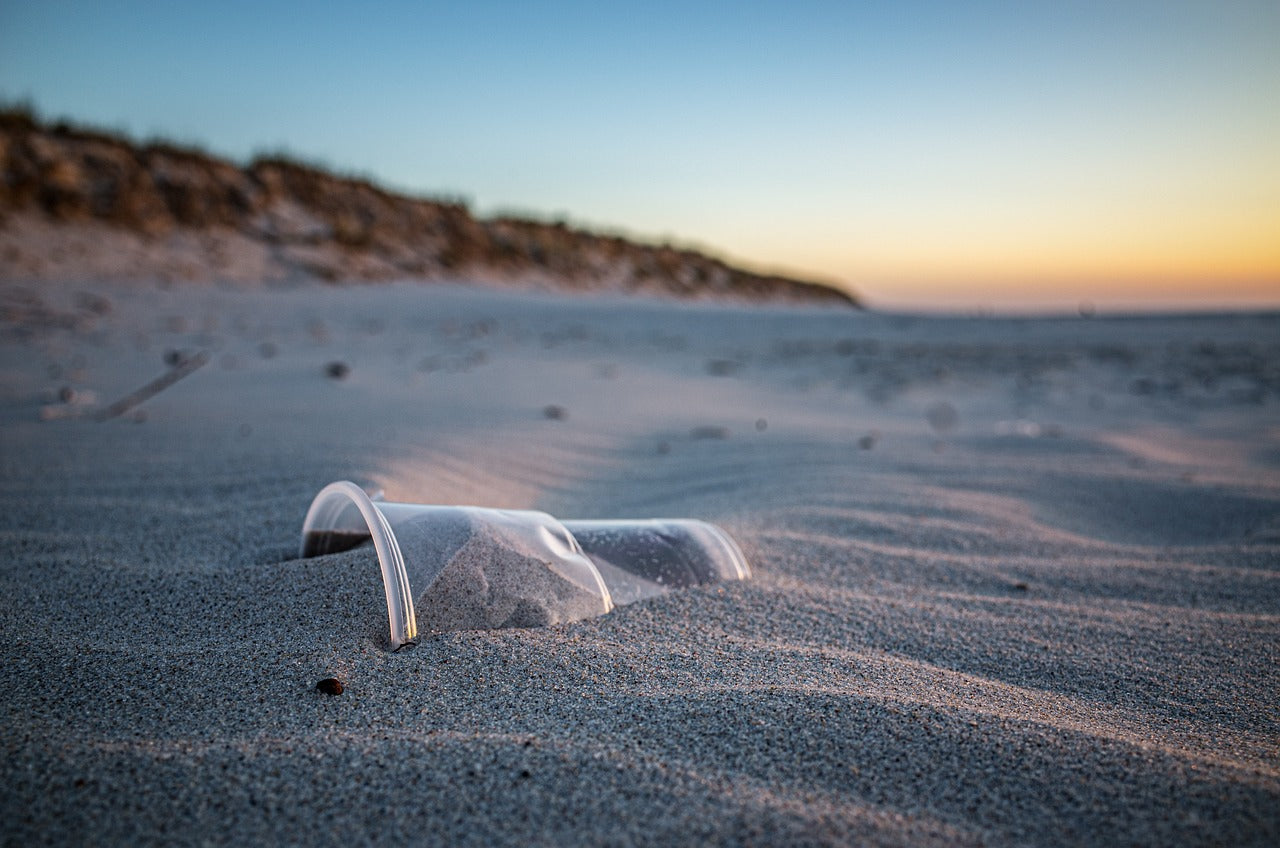Plastic was once regarded as the most useful inventions by mankind. It has become ubiquitous in our daily lives due to its certain unique qualities such as being light, durable and cheap, the exact qualities which led it to become the biggest concern in the waste recycling battle. In this article we understand how plastic usage harms the environment and how companies relying on it in the long run are going to face a negative impact on their business activity.
India ranked third globally, contributing 5.5 million tonnes of single-use plastic (SUP) waste. The biggest concern with plastic in India is not the amount of waste produced but ineffective waste management, such as improperly collecting and recycling waste. The Indian government claims that 60% of the country’s plastic waste gets recycled. However, the reality is somewhat different, as India could only recycle 12% of its plastic waste, which is around 15000 tons according to CSE statistics based on CPCB data. Research published in Marine Pollution Bulletin (2022) highlighted that microplastics in Indian waters are ingested by marine organisms, leading to bioaccumulation and biomagnification. This not only threatens marine biodiversity but also impacts fisheries—a crucial sector for Indian businesses involved in seafood production and processing. lastics degrade into microplastics, which infiltrate soil and water systems. A study from the Indian Institute of Technology (IIT) Delhi (2023) found that microplastics are present in agricultural soils across several states. These contaminants can reduce soil fertility, affecting crop yields. Businesses in the agriculture sector face increased costs for soil remediation and potential declines in crop quality, which can impact profitability and market competitiveness.
All the factors stated above are going to be crucial in understanding how plastic and it’s improper recycling has a negative impact on your business, some of the impacts on the business factors are:
1. Environmental Degradation- India generates approximately 3.5 million tons of plastic waste annually, with only 60% being collected and processed. The rest often ends up in landfills, rivers, and oceans, leading to severe ecological consequences. The National Geographic reports that microplastics have been found in the Ganges River, raising concerns about biodiversity and the health of aquatic ecosystems. In cities like Mumbai, plastic debris has been linked to frequent flooding, as it clogs drainage systems.
2. Soil and Water Contamination- Studies in India indicate that plastics can leach toxic substances such as heavy metals and chemical additives into the soil and water. The presence of microplastics in the Himalayan freshwater systems has been documented, showing that even remote areas are not immune to plastic pollution. These microplastics can absorb harmful pollutants like pesticides and heavy metals, which can enter the food chain, posing health risks to humans and wildlife.
3. Economic Implications- The economic burden of plastic waste in India is significant. The Ministry of Environment, Forest and Climate Change (MoEFCC) estimated that managing plastic waste costs the Indian economy around ₹1,000 crores annually. This includes expenses related to waste management infrastructure, environmental cleanup, and the impact on tourism in polluted areas. Furthermore, plastic pollution affects fisheries and agriculture, which are vital to the livelihoods of millions of people.
4. Regulatory Risks- India has implemented various regulations to tackle plastic waste, such as the Plastic Waste Management Rules (2016), which mandate the management of plastic waste by local authorities and producers. In 2021, the government announced a ban on single-use plastics, aiming to reduce plastic pollution. Non-compliance can lead to penalties and operational disruptions, making it crucial for businesses to align with these regulatory frameworks to avoid legal repercussions.
5. Brand Reputation- In India, public sentiment is increasingly against brands that contribute to plastic pollution. A survey by Nielsen indicated that 73% of consumers are willing to change their consumption habits to reduce plastic waste. Brands adopting sustainable practices, such as using recycled materials or offering take-back programs, are likely to enhance their reputation. For instance, companies like ITC have implemented sustainable packaging initiatives, earning recognition as leaders in corporate sustainability.
6. Long-Term Strategic Considerations- Companies in India are beginning to adopt circular economy principles to address plastic waste. Initiatives like the Extended Producer Responsibility (EPR) mandate producers to manage the lifecycle of their plastic products, through CPCB. Investments in research for biodegradable alternatives, such as polylactic acid (PLA) and other biobased plastics, are being explored. Collaborative efforts with NGOs, like the Ocean Conservancy, are also paving the way for innovative solutions and community engagement in plastic waste management.








